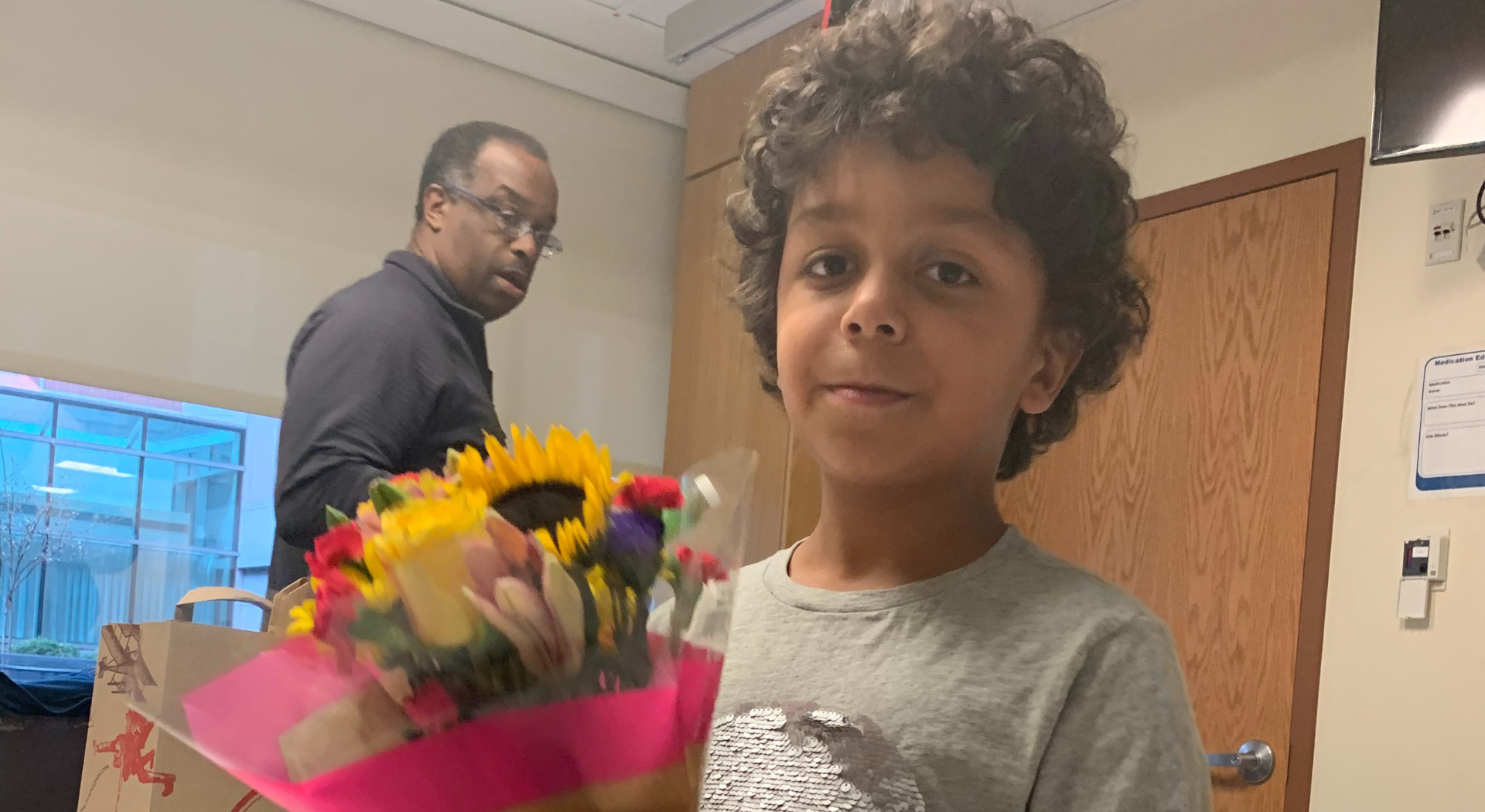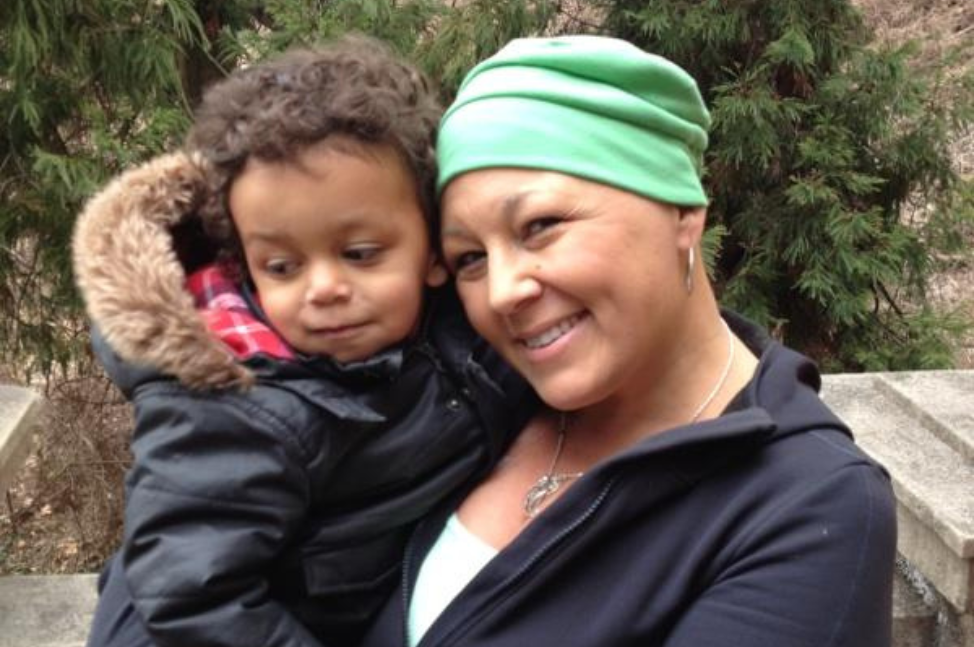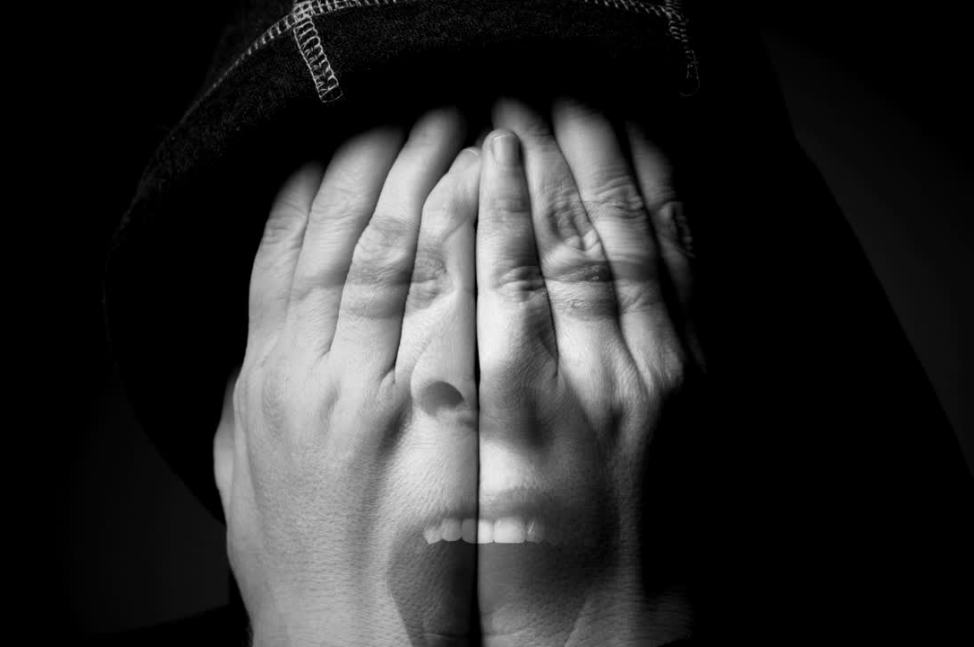When someone is fighting cancer, it is easy for well-meaning people to focus all of their attention on the patient and overlook other family members, especially children, who are also feeling the effects of the disease.
Children and teenagers often think in very concrete terms and like to know what’s going on and what to expect. They want to know how their lives and routines will be affected, and what changes are coming. Always strive to communicate openly, honestly, and frequently, in ways they can understand based on their age and maturity.
Remember that kids are sensitive to their environments; they will know something is wrong even if you don’t tell them, and their fears may be worse than reality. So be upfront with them, share age-appropriate resources, and let them ask questions to ease their anxiety.
Books
A good place to start is A Kids Book About Cancer, a simple, clear-as-day explanation of cancer for ages 5 and up. Its authors, pediatric oncologist Dr Kelsie Storm and social worker Sarah Porter, provide a gentle introduction to the science of what’s happening during cancer treatment that is reassuring even for adults.
For older kids, the National Cancer Institute offers a useful publication When your Parent has Cancer: a Guide for Teens that you can download here.
Videos
MD Anderson has a great video for children by children called “ Kid to Kid: Your Parent Has Cancer” which provides answers to common questions that kids have about a parent’s diagnosis.
The Dana Farber institute has a video from a teen perspective. Teens discuss how their parent’s cancer diagnosis impacted their lives, what they experienced, and ways that they found support.
Virtual Support
KidsCan! is a virtual support program sponsored by Duke Cancer Support Foundation. Monthly themed online meetings provide an outlet for kids to learn about cancer and share their experiences. Children and teens are grouped by age and participate in games and activities with trained facilitators. Interacting with kids that share their unique challenges can help kids feel less isolated and alone.
Remember that you know your child better than anyone, and it’s up to you to decide when, how, and what to tell your child based on their developmental level. Just keep lines of communication open and listen to your child’s concerns. Let them know it’s okay to talk and ask questions even if they feel sad or upset.








